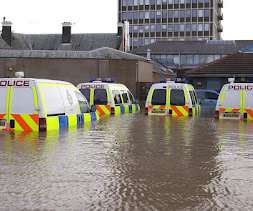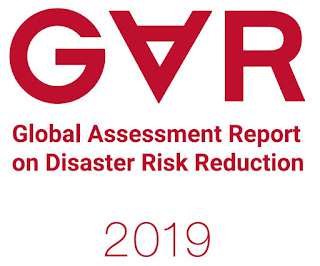A Proposed Strategy to Advocate for Improved Civil Protection in the United Kingdom
Emergency Planning
MAY 6, 2024
The lessons of the Covid-19 pandemic, alas largely negative, show that a good civilian system designed to protect the public against major hazards and threats can save thousands of lives and billions in losses and wasted expenditure. 1] The best solution to this problem is to promote inclusiveness in emergency preparedness at all levels.











Let's personalize your content